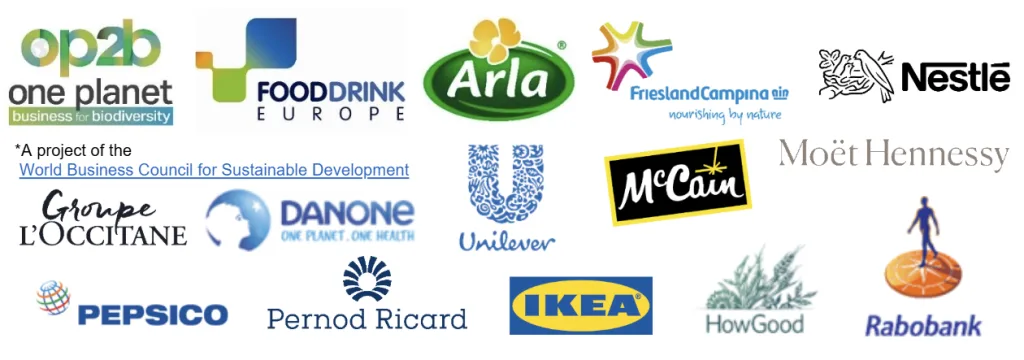
Dear Member of the European Parliament,
Soil serves as the farmer’s capital, crucial for ensuring food security and fostering thriving communities, economies, and ecosystems. The health of soils directly impacts crop productivity, influencing yields and farmers’ incomes. Approximately 95% of global food production relies on soil resources.
Agricultural soils, when managed sustainably, offer significant potential to generate the ecosystem services on which agricultural production depends. According to the EEA, healthy soils play a pivotal role in addressing climate and environmental challenges through improved water retention, carbon sequestration, nutrient storage, biodiversity and enhanced resilience against erosion and compaction. Sustainable soil management enhances soil health by facilitating nutrient cycling, water regulation, and support for plant growth. Scientific evidence underscores the long-term benefits of this approach, enhancing agricultural productivity and resilience while mitigating environmental degradation.
Despite this potential, studies reveal that European farmers suffer a €1.25 billion annual loss in agricultural productivity due to soil erosion, representing an enormous financial opportunity not only for farmers themselves but also for governments and the food and drink industry if soils were improved and protected, according to a recent industry led analysis.
Monitoring soil health descriptors is essential to assess the effectiveness of implemented measures, track trends in soil quality over time, and identify areas needing intervention. For companies across the agricultural value chain, robust and harmonized soil monitoring requirements offer significant advantages, including better managing supply chain risks, demonstrating progress on sustainability commitments, responding to increasing consumer and investor demand for transparency, and scaling-up innovation and technology adaptation. The Soil Monitoring Law will, in fact, support both farmers’ and companies’ access to finance and reward schemes for the generation of ecosystem services.
Various stakeholders within and beyond the agricultural value chain have expressed support for a robust soil law that contributes to achieving the European climate and biodiversity objectives for 2030, while enabling the agricultural sector to remain competitive and improving farmers’ livelihoods. The ongoing soil monitoring and resilience directive marks an important step toward that end, provided it acknowledges agriculture’s pivotal role in soil regeneration, which should be further supported.
As described above, European soils have great potential to deliver multifold benefits. A European Law to improve the health of our soils is urgently needed to face this challenge. We welcome the constructive nature of the negotiations in the ENVI and AGRI Committees on this file so far. In view of the upcoming votes on the soil monitoring and resilience directive, the undersigned companies, farmer cooperatives, and private sector representatives emphasize the critical role this legislation plays in safeguarding soil health, food security, and climate resilience, and strongly encourage Members to reflect these shared priorities in their decision-making.
Thank you for your attention and understanding of the importance of this matter. We look forward to your support in voting in favor of an ambitious soil law.
Sincerely,
Stefania Avanzini, OP2B Director
